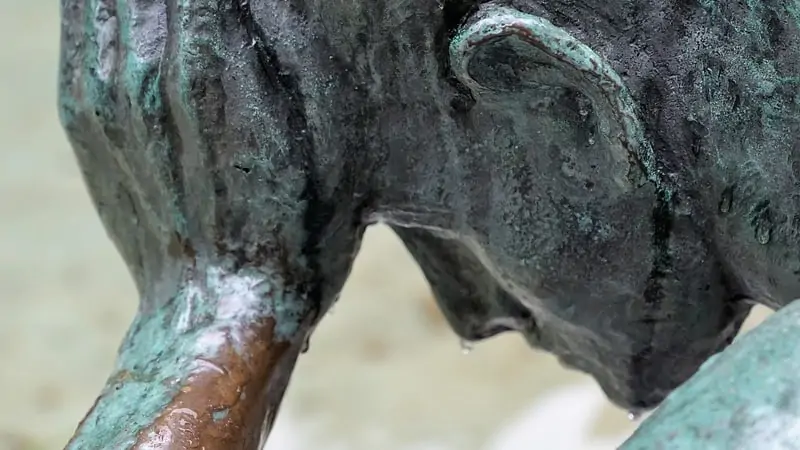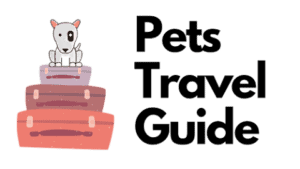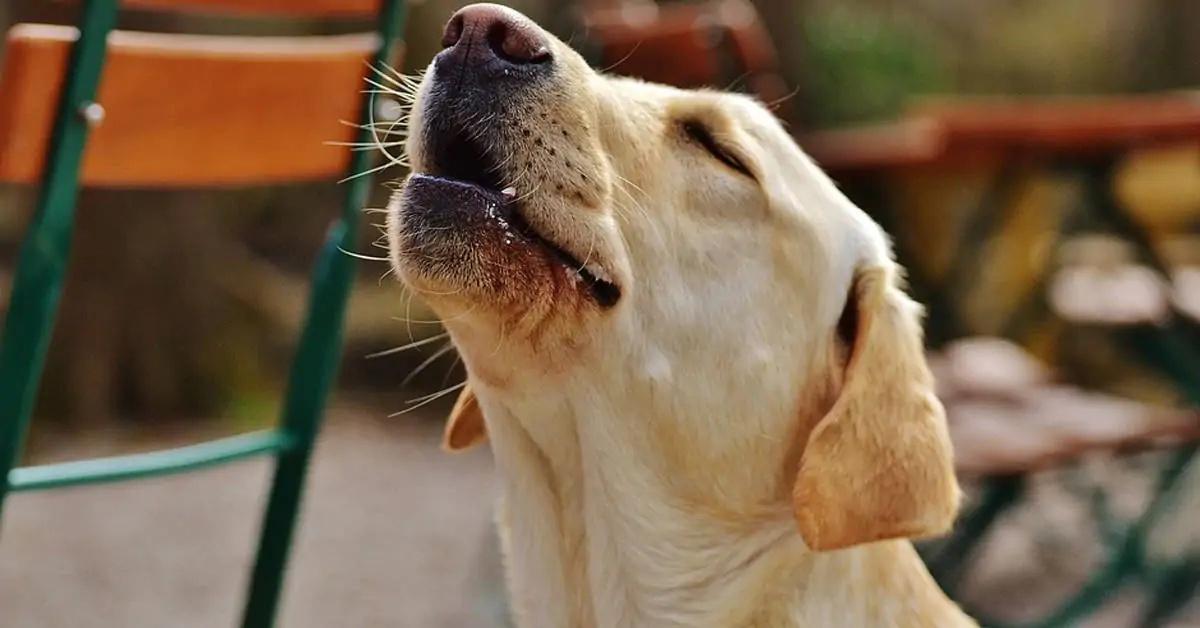If your dog is overly attached to you, you’ll have to deal with neighbors complaining about your dog’s noises whenever you’re at work. Since this is an anomaly, what exactly causes it, and how can you fix it?
If your dog howls incessantly while you’re away at work, it’s almost always a case of separation anxiety. Separation anxiety can lead to a whole lot of other problems, and you should try to correct it as soon as you notice it in your dog.
In this article, you’ll learn about separation anxiety, and how it can lead to unnecessary howling in your dog. Also, I’ll show you some working ways to reduce your dog’s separation anxiety to give your neighbors some breathing space.
Why Does My Dog Howl when I’m at Work?

A dog’s howl is almost always a sign of distress. When the circumstances become as specific as in this instance, it’s easy to attribute the regular howls to a specific cause.
If your dog always howls while you’re at work, it’s almost always a sign of separation anxiety. It’s a kind of distress caused by an innate fear in your dog that gets triggered whenever you’re away. There are many symptoms of separation anxiety, but loud howls are the most obtrusive.
While howling typically signifies separation anxiety, that’s not the only reason why dogs howl. Here are some of the reasons why your dog might be howling so loud when you’re at work.
1. Pain or illness.
Dogs also feel pain, and when they do, some of them react very vocally. If you heard reports of your dog howling while you’re away, you shouldn’t simply dismiss it as separation anxiety. There might be underlying health conditions responsible for the howl.
Since your dog isn’t capable of talking in a way you understand, it’s best to be proactive when it comes to potential illnesses. See your vet as soon as possible to ensure pain isn’t the primary cause of the incessant howling.
2. Separation anxiety.
If your dog usually starts acting up whenever you’re not together, it’s most likely separation anxiety. Since this case is a scenario where your dog howls when you’re at work, your dog might just be suffering from this anxiety disorder.
If your veterinarian can confirm that separation anxiety isn’t the problem, you should start practicing some ways to reduce separation anxiety in dogs. If you don’t have a clue, the next section will show you how to handle this anxiety in your dog.
3. Seeking attention.
Your dog howling to seek attention while you’re away can fall under the category of separation anxiety but doesn’t count as a disorder until it’s problematic. Dogs can generally howl for your attention if they think you’re around.
If your dog howls too loudly in want of attention, it’s usually the best option to deprive it of that attention. By ignoring its requests, you’re training it to understand that howling isn’t exactly a great way to demand attention.
How Do You Stop Dog from Howling when I Leave?

Since it’s clear that your dog’s howling is most likely a sign of separation anxiety, you should start looking for ways to mitigate it. A dog’s howl can be very disturbing to neighbors, and it gets even louder and more aggressive when they’re anxious.
Here are some clever ways to stop your dogs from howling while you’re away at work by taking advantage of the causes of the howl in the first place.
1. Train your dog to tolerate being alone.
Most dogs suffer from some kind of separation anxiety early on in their lives. However, by consistently seeing their owners leave and come back, they learn to tolerate the fact that they can’t get constant attention.
If your dog howls incessantly while you’re away, it’s because it hasn’t learned to tolerate this fact. Fortunately, you can help your dog learn to tolerate your absence strategically.
You can start by stepping out at intervals, only for a short amount of time. Since most dogs wait for about five minutes before the anxiety kicks in, you shouldn’t have to face a howling dog every couple of minutes.
Once your dog learns that you always come back when you go out, you can extend the time you spend before showing up again. You’ll try different time intervals until it seems like your dog can finally tolerate your absence.
Most times, this simple exercise should help your dog deal with its anxiety. If you start receiving fewer complaints from neighbors, it means your training is working out well.
2. Make departures less eventful.
Sometimes, you cause anxiety disorders in your dog by making every departure and arrival a big deal. If you’re fond of treating your dog especially when you’re leaving the home, it will become very anxious without you around.
When leaving your home for work, you should consider leaving quietly without saying anything to your dog. The same also goes for when you’re back. This way, your dog won’t associate your comings and goings with anything special, reducing any risks of anxiety.
3. Seek the help of a veterinary behaviorist
If both of the methods above don’t work, you may want to consider seeing a behaviorist for your dog. A behaviorist will help formulate exercises and lifestyle tips to help your dog overcome its separation anxiety in no time.
An experienced dog behaviorist should be able to tell why your dog howls uncontrollably. They usually also provide dog training services in which you can enroll your dog to eliminate its anxiety disorder.
What Dog Breeds Have Separation Anxiety?

If you’re planning to get a dog that will stay at home while you’re away at work, you generally want to avoid breeds that are particularly known for separation anxiety disorders.
If that’s the case, German Shepherds, Labrador Retrievers, and Border Collies are some of the worst offenders. While any dog can exhibit symptoms of separation anxiety, these three are especially notorious for the most aggressive cases.

